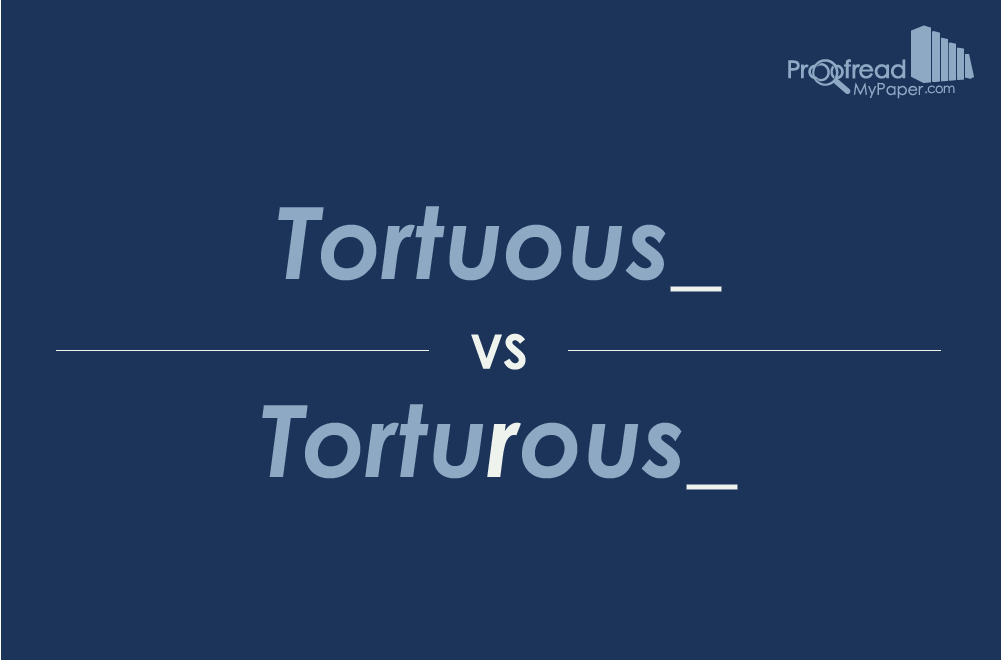The way that language evolves is fascinating to word nerds like us, especially how different words develop from the same origins. “Tortuous” and “torturous,” for example, can both be traced back to the Latin term torquēre, which means “to twist.”
This shared root is why these words are similarly spelled. However, “tortuous” and “torturous” also have importantly distinct meanings, so you need to know how each is used.
Tortuous (Twisting or Complicated)
The literal meaning of “tortuous” is fairly close to its Latin origins, since it means “full of twists.” We might use this term to describe a long and twisting route, for instance:
They followed the tortuous road up the mountain.
(Photo: Srdjan Marincic/wikimedia)
However, “tortuous” can also mean “excessively complicated,” such as in the following:
It was difficult to follow his tortuous speech and the audience left the hall confused.
The important thing to remember is that “tortuous” mean “twisting” or “complicated.”
Torturous (Involving Torture or Suffering)
“Torture” refers to inflicting pain as punishment or to gain information (e.g., “the confession was given under torture”). It can also mean “extreme pain or suffering.”
The term “torturous” therefore means “related to or involving torture”:
Prolonged solitary confinement is considered a torturous punishment.
Find this useful?
Subscribe to our newsletter and get writing tips from our editors straight to your inbox.
More generally, we sometimes use “torturous” to describe something that is very unpleasant:
Professor Jones’ lectures were torturously dull.
These uses might seem a long way from the root of “twist,” but they make more sense if you imagine someone writhing and twisting in pain while being tortured!
Tortuous or Torturous?
“Tortuous” and “torturous” are often confused because something “tortuous” (i.e., complicated) could also be considered “torturous” (i.e., unpleasant). For example:
G. W. F. Hegel’s tortuous writing is torturous to read.
Nevertheless, since these terms have very distinct meanings when used literally, you should always make sure you’ve picked the right word for what you’re describing. Remember:
Tortuous = Twisting or complicated
Torturous = Involving torture or suffering
